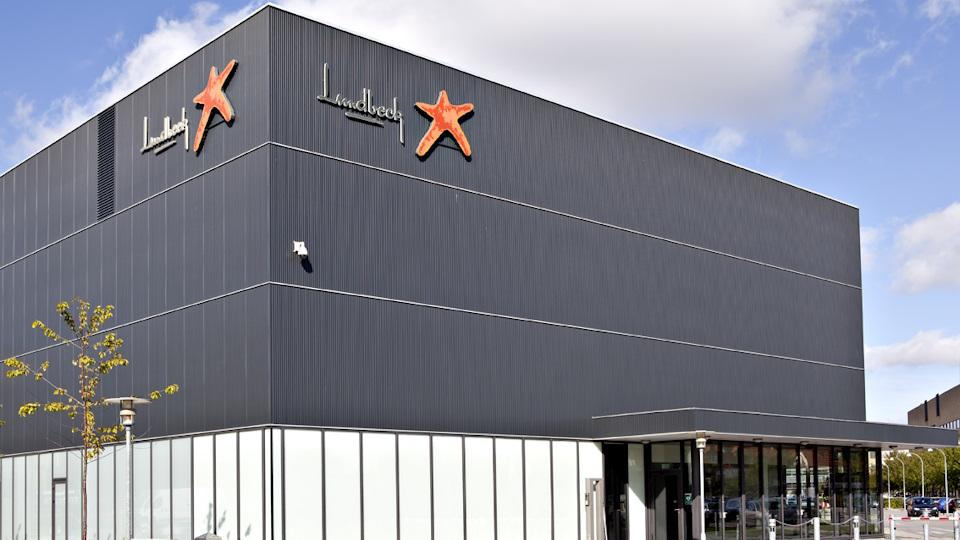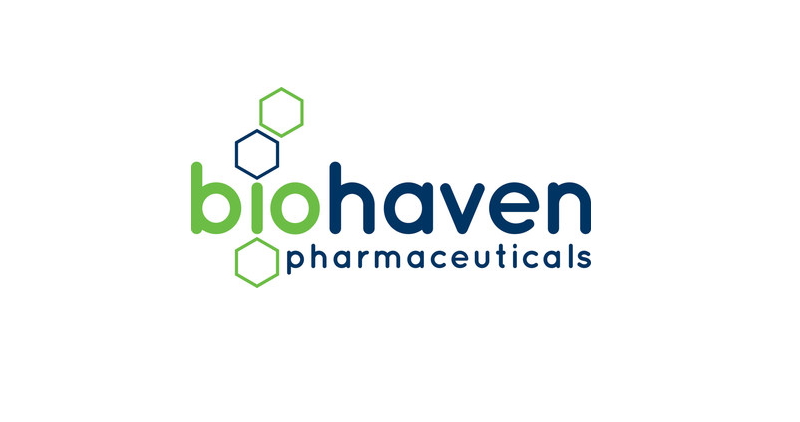Lundbeck study knocks confidence in alpha-syn as CNS target

A phase 2 trial of Lundbeck’s alpha-synuclein-targeting drug Lu AF82422 has failed to reach statistical significance in patients with multiple system atrophy (MSA), although the company says there are encouraging “signals of efficacy” in the data.
The AMULET trial is comparing the anti-alpha-syn antibody to placebo in 61 patients with MSA, a rapidly progressing and rare condition that causes damage to nerve cells in the brain, to see if it can slow down the deterioration caused by the disease.
The primary endpoint is the change from baseline in the Unified Multiple System Atrophy Rating Scale (UMSARS) Part I and Part II Total Score after 48 to 72 weeks from the start of treatment, and Lu AF82422 was unable to show a statistical separation from placebo on this measure.
Only the top-line finding is available so far, with full data due to be reported later, but Lundbeck says that there was a trend towards improvement in patients in the Lu AF82422 group on the UMSARS scale – as well as unspecified clinical and biomarker endpoints, which gives it hope that the drug may still have a role to play in MSA therapy.
Alpha-syn is a protein that tends to get misfolded and accumulates into clumps in the brains of patients with MSA and other diseases including Parkinson’s, and is somewhat analogous to amyloid and tau proteins in Alzheimer’s disease.
“The outcome of the trial is encouraging, despite not reaching statistical significance,” insisted Johan Luthman, head of R&D at the Denmark-headquartered group. “We will now finalise the analysis of the data and plan the next step for progressing the Lu AF82422 MSA programme in dialogue with health authorities,” he added.
Despite the encouraging words, this isn’t the first time that an alpha-syn-directed therapy has missed the mark in a clinical trial, although others have generally targeted Parkinson’s.
Biogen’s cinpanemab was abandoned in 2021 after it failed a phase 2 study, while Roche/Prothena’s prasinezumab flunked one phase 2 trial, but is still in the phase 2b PADOVA trial in early-stage Parkinson’s patients.
AbbVie, meanwhile, had an antibody called ABBV-0805 in development with BioArctic, which cleared phase 1, but was side-lined for strategic reasons, and also abandoned an alpha-syn gene therapy candidate it had previously licensed from Voyager Therapeutics.
That track record hasn’t reduced the appetite for the development of alpha-syn therapeutics, however, and once again there is an analogy with amyloid in Alzheimer’s that has now led to an approved treatment (Eisai/Biogen’s Leqembi), despite dozens of earlier failed trials with amyloid-targeting drugs.
In 2021, Novartis licensed rights to an alpha-syn antibody from UCB – codenamed DLX313/UCB0599 – for $150 million upfront in a deal that could be worth up to $1.5 billion. Phase 2 results from that programme are due around the middle of this year. Sanofi stumped up $75 million upfront for a preclinical-stage bispecific antibody from South Korea’s ABL Bio in a $1 billion deal two years ago.
Other drug candidates in clinical development include Annovis Bio’s oral alpha-syn, tau, and amyloid-targeting buntanetap – which has completed phase 3, but with a data readout delayed for “data cleaning” – as well as Enterin’s ENT-01, which met its objectives in a phase 2b Parkinson’s study, and Takeda’s TAK-431 in mid-stage testing for MSA.
AstraZeneca, meanwhile, started phase 2 trials of MEDI341, an anti-alpha-syn antibody in development for both MSA and Parkinson’s, towards the end of 2022.













